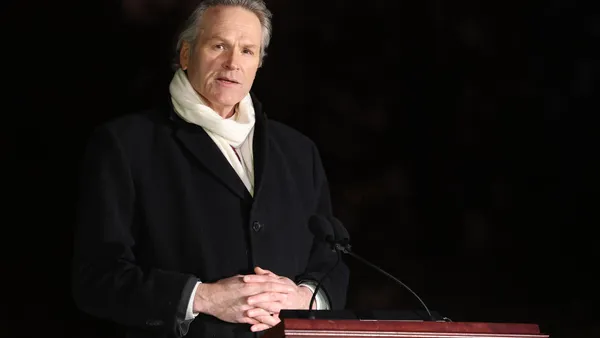The federal government will continue funding programs under a continuing resolution agreement after Congress failed to approve a FY 2023 budget by the Oct. 1 start of the new fiscal year. The agreement, which will continue government funding for education, labor, health and human services and other federal agencies at the FY 2022 allocation levels, extends through Dec. 16.
The measure includes a funding extension through Dec. 16 for the Maternal, Infant, and Early Childhood Home Visiting program, administered by the U.S. Department of Health and Human Services, which was set to expire at the end of FY 2022. The funding stopgap also provides relief to communities recovering from natural disasters and includes support for Ukraine.
The temporary spending plan was anticipated by many, including education stakeholders. Although the federal government's fiscal year runs Oct. 1 through Sept. 30, there have been continuing resolutions in all but three of the last 46 years, according to the U.S. Government Accountability Office.
While continuing resolutions typically don't have a substantial impact on state and local education offices, they can slow some procedures. An analysis by GAO found that during continuing resolutions, travel funds for the U.S. Department of Education may be inaccessible, limiting staff’s ability to visit grantee locations for on-site program monitoring.
Additionally, Education Department officials told GAO researchers that not knowing final funding levels can hinder planning in some circumstances. Contracting decisions, for instance, might be delayed. Some grantees may have to delay or discontinue activities or find other funding sources to cover activities until they receive final funding levels.














